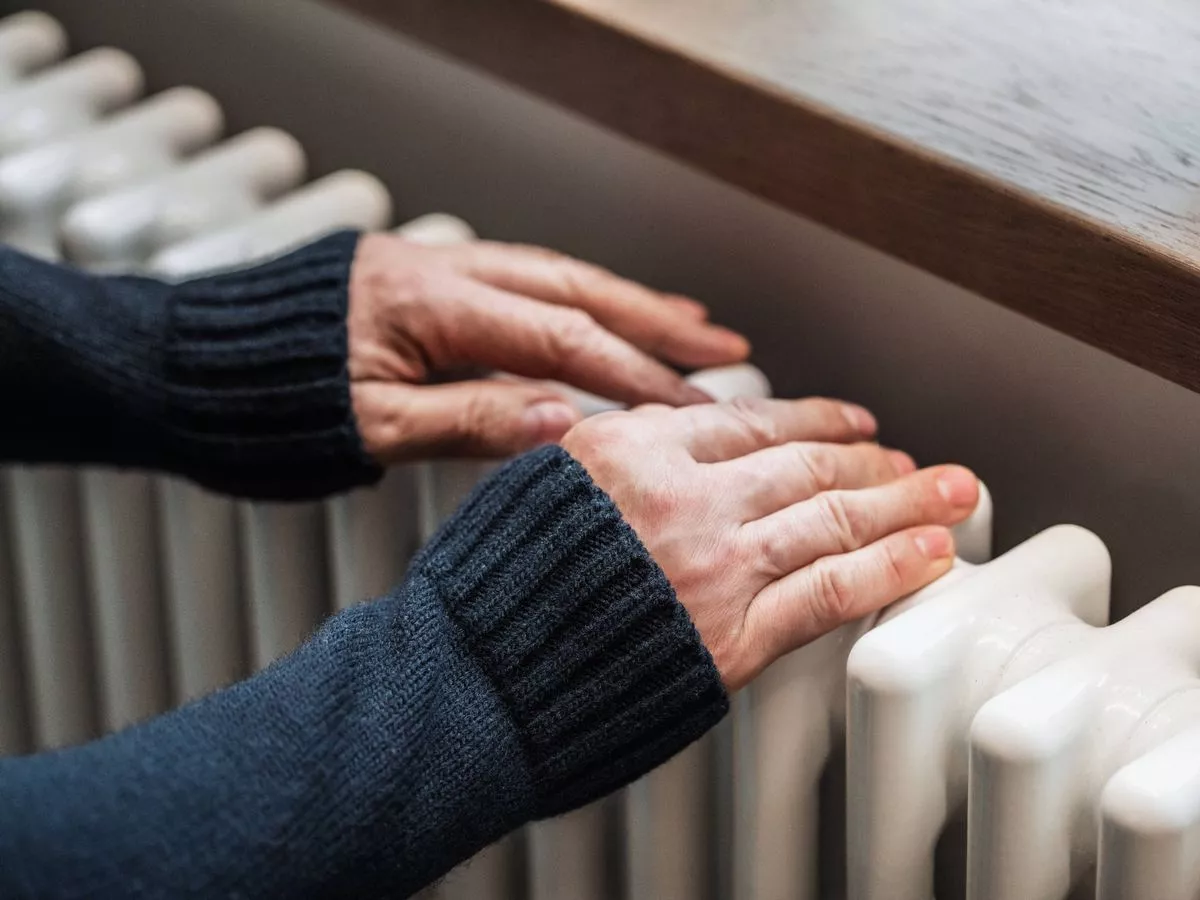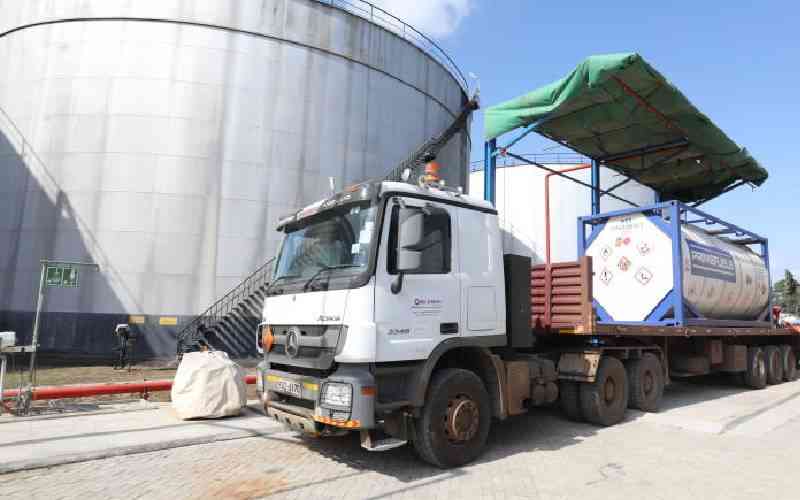Copyright dailyrecord

As winter approaches, a heating expert has shared a clever hack to improve the warmth in homes - and it involves not discarding old crisp packets. Instead of binning them, UK households are being advised to repurpose their old crisp packets to help keep their homes cosier this winter. This innovative household tip involves placing an empty crisp packet behind your radiator for 'simple yet effective' results. Heating guru Mark McShane, from Boiler Cover UK, explains that doing so will enhance your radiator's efficiency, meaning you won't need to have the heating on as long and it'll cost you less too. Mark elaborated: "Placing a reflective material, such as an empty crisp packet, behind your radiators, you can bounce the heat back into your room instead of letting it escape through the walls. It's an easy, cost-effective way to make the most of your heating."# It's the same principle as using aluminium foil or reflective panels - a tip previously shared by Martin Lewis . He stated that using these items behind your radiators will direct heat away from your walls and back into the room. A five metre sheet costs about £15, reports the Express . Money-saving whizz Martin Lewis has disclosed how Britons can use a budget-friendly item to significantly reduce heating bills this winter. On his BBC Podcast, Mr Lewis previously suggested that individuals should think about fitting reflective panels behind radiators to bounce heat back into the room, rather than letting it escape through walls. He elaborated: "A tip for you reflective panels behind radiators. Sheets of reflective material can be placed behind radiators. Crucially this is on external wall radiators so the heat doesn't escape. If you don't want to pay for those then tin foil can work although it doesn't work quite as well." Currently, a 4-metre roll of radiator heat reflector foil is on offer at Screwfix for £6.38, marked down by 15 per cent. He also imparted further advice regarding radiators. He advised: "If you've got radiators in rooms that you're not using, go and turn them off before you turn the heating on so you're not wasting cash overheating empty spaces. Changing the flow rate on your boiler can cut gas bill by over 9% and you won't notice the change." Mr Lewis also cautioned people to avoid using a 'demon appliance' wherever feasible. He stated: "Do you know what the real 'demon appliance' is in most people's houses - the one that you don't want to use because it's really expensive. "Tumble dryers. You're typically paying up to a quid per load so dry your clothes on an airer outside, to shorten the amount of time you're using your tumble dryer, or avoid using it completely. Those who have de-humidifiers those can take some of the moisture out of it. It's less wattage than a tumble dryer so it can be more cost effective." Other penny-pinching tips included: "Check your TV's on a low energy setting too and walk around your house. Be a draft detector - what drafts can you spot as you walk around your house? And then try, if you can, to seal them up." During his BBC Sounds podcast, 5 Live listener Rob noticed his flat becoming increasingly damp after trying to air his laundry indoors. He asked: "If I was to buy a dehumidifier, would it be cheaper than using the heating to keep the place dry?". Martin replied: "Dehumidifiers take water out of the air rather than use the heating and they're much lower wattage appliances than standard heating. So if the dehumidifier works for you, it will definitely have lower electricity bills."



